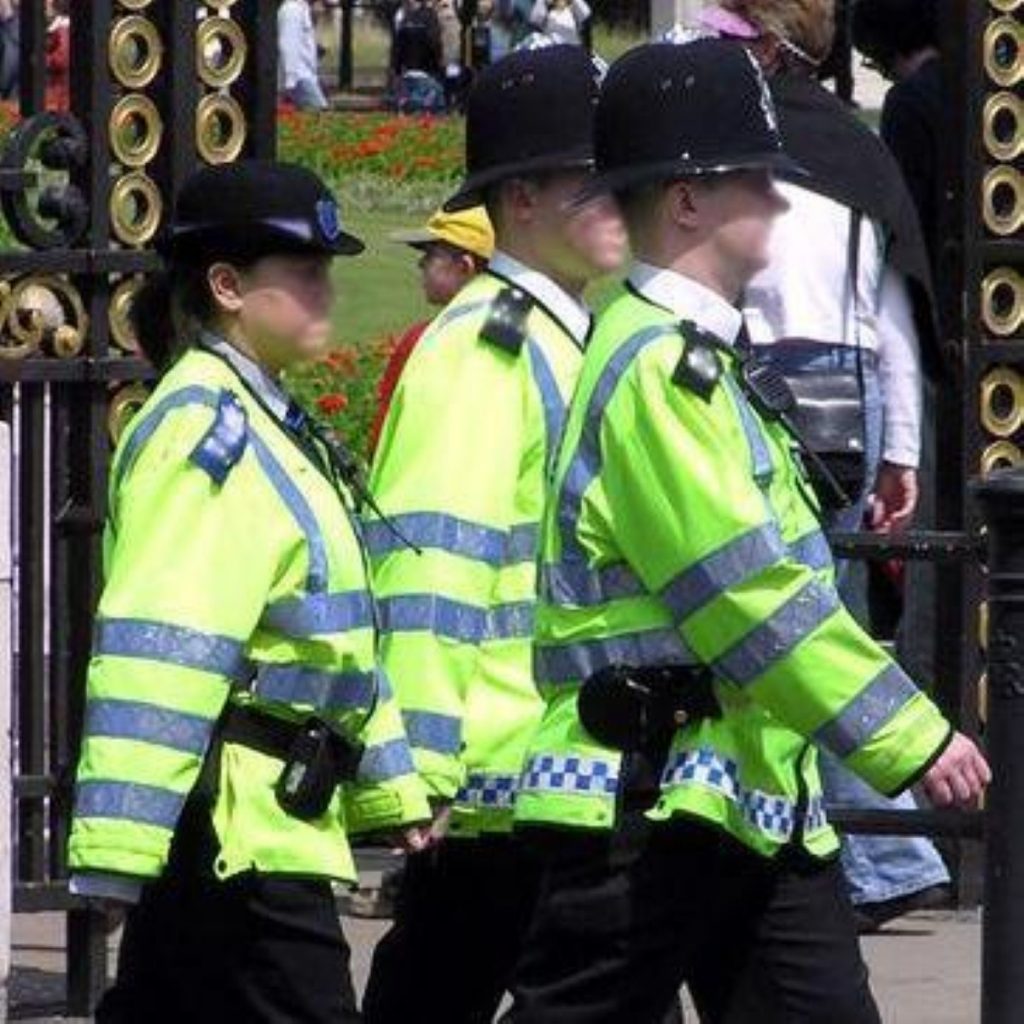Police pledge to be polite
By politics.co.uk staff
The Home Office is launching a new initiative today aimed at providing the public with information about what the police should be doing for them, including pledges to be polite.
The policing pledge was introduced in December and lays out in detail what members of the public can expect in terms of police behaviour and response times.
Research has shown only 47 percent of people know what their local police service is supposed to be doing, so the government is rolling out a series of adverts to inform them across radio, print, posters and digital formats.


“This new campaign is crucial in ensuring that you know the minimum standard of service you should receive and that you have a greater say and influence over how your streets are policed,” said home secretary Jacqui Smith.
“The public are our strongest weapon in tackling crime and the policing pledge is a clear deal about what they can expect from the police.”
The policing green paper which outlined the policing pledge was drafted following the Casey review which found 91 percent of people wanted a set of national standards for the police.
“The public deserve a clear understanding of what service they should expect to receive from the police – after all it’s the public who pay for them,” said the government’s crime and justice adviser Louise Casey.
“It’s essential that the public get to know about it – it’s no good if the public have a set of rights but aren’t aware of them.
The pledge itself contains very little in the way of controversial commitments.
Police will now be officially bound to treat members of the public “fairly, with dignity and respect” and trying to respond to emergencies “as quickly as possible”.
They promise to answer non-emergency calls “promptly” and set themselves the target of an hour to get to people who are “vulnerable or upset”.
For local policing teams they commit to attending meetings at least once a month to discuss local priorities and to spend at least 80 percent of their time visibly working in those local areas.
Chief executive of Consumer Focus Ed Mayo said: “Britain needs not just a police force but a police service.
“Anything that makes it more likely that members of the public can turn to the police, often in stressful circumstances, and be treated as a person and not as a number has got to be welcome.”
The campaign encourages people to visit www.direct.gov.uk/policingpledge where they can access information about the pledge and their local policing teams and practices.












